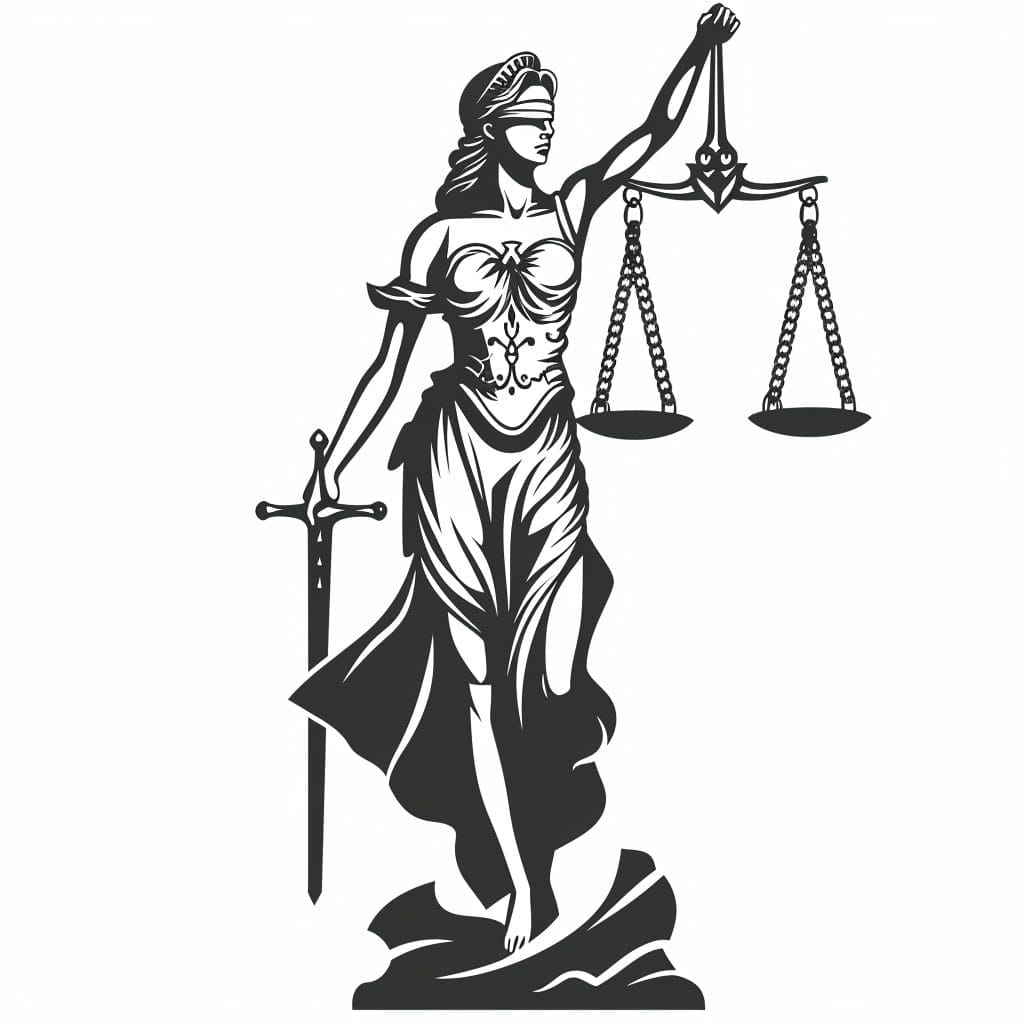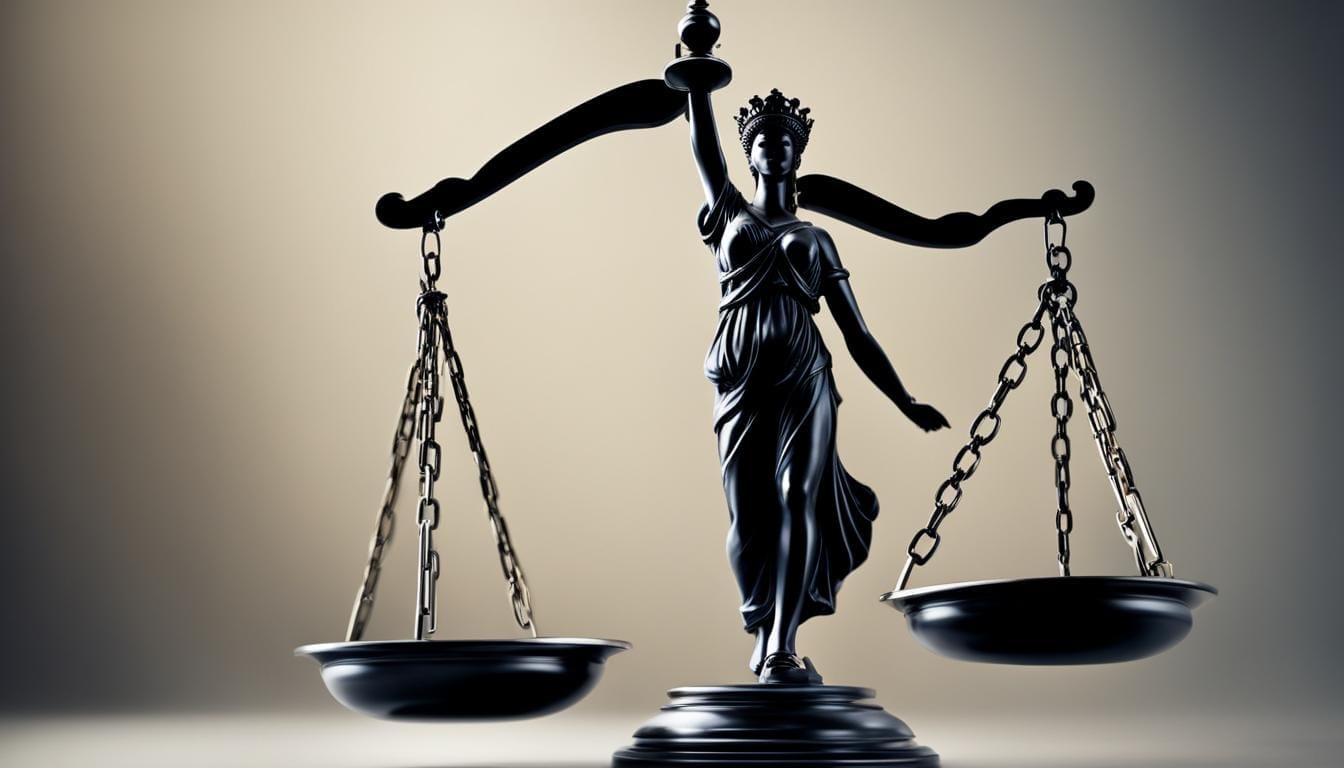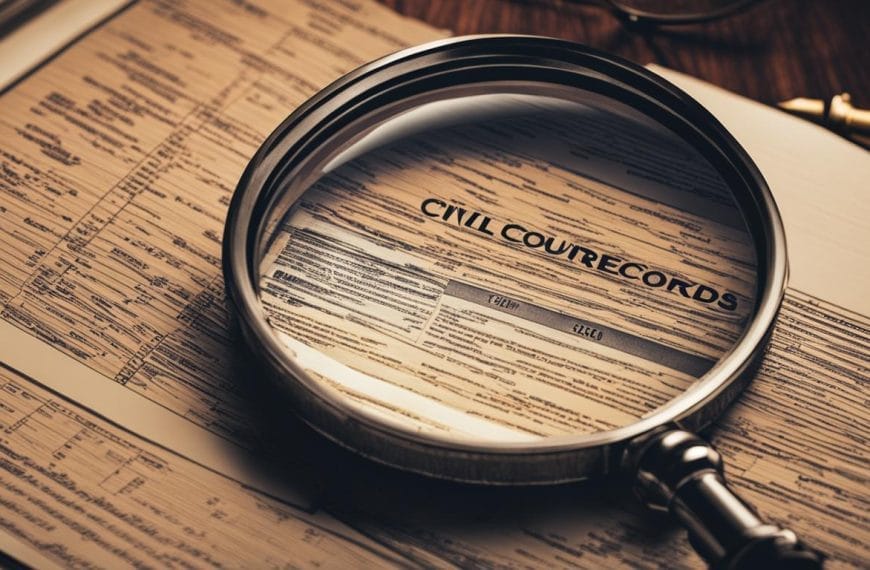Civil law plays a crucial role in our daily lives, providing a framework for resolving disputes and protecting the rights of individuals. Let’s explore the significance of civil law and its impact on maintaining order and ensuring justice within our legal system.
Key Takeaways
- Civil law helps resolve disputes and protects individual rights.
- It covers areas like contracts, property, personal injury, and family law.
- Civil law offers remedies such as compensation and injunctions.
- Lawsuits begin with a complaint and may involve discovery and negotiations.
- Cases that don’t settle go to trial, where a judge or jury decides the outcome.
The Role of Civil Law in Protecting Individual Rights
Civil law empowers individuals by providing legal avenues to address injustices and seek appropriate remedies when their rights have been violated.
Functions of Civil Law
- Compensation for Damages: Individuals can seek compensation for losses caused by others, ensuring they are not burdened with the financial consequences of someone else’s wrongdoing.
- Enforcement of Contracts: Civil law enforces contracts, holding individuals accountable to their agreements and offering legal recourse if a contract is breached.
- Legal Protection: Individuals who have suffered harm or injury can seek justice through civil law, holding responsible parties accountable for their actions.
- Resolution of Property Disputes: Civil law provides a framework for resolving conflicts related to property ownership, boundaries, and usage, protecting individual property rights.
Benefits of a Robust Civil Law System
- Promotes Order and Stability: By providing a structured system for resolving disputes, civil law helps maintain social order and prevent conflicts from escalating.
- Protects Individual Rights: Civil law ensures individuals have legal recourse when their rights are violated, promoting fairness and justice.
- Economic Growth: A strong civil law system fosters a stable business environment, encouraging investment and economic growth through contract enforcement and dispute resolution mechanisms.
Resolving Disputes Through Civil Law
Maintaining order in society is a primary objective of civil law. It achieves this by offering a structured framework for resolving disputes between individuals or entities, including:
- Negotiation and Mediation: Civil law encourages parties to engage in negotiation or mediation to reach mutually acceptable solutions before resorting to formal legal proceedings.
- Arbitration: Arbitration offers a more formal alternative to litigation, where a neutral third party makes a binding decision to resolve the dispute.
- Trial: If other methods fail, cases may proceed to trial, where a judge or jury will evaluate evidence and decide the outcome based on the law and facts presented.
Private Rights of Action and Individual Relief
Civil law grants individuals the right to take legal action and seek relief when their rights have been violated. This “private right of action” empowers individuals to:
- File a Lawsuit: Individuals can initiate legal proceedings by filing a complaint outlining their claims and the desired resolution.
- Seek Compensation: Victims of wrongdoing can pursue monetary compensation for damages such as medical expenses, property damage, lost wages, or emotional distress.
- Obtain Injunctive Relief: In situations requiring immediate action, courts can issue injunctions to prevent further harm or enforce specific actions.
Civil Lawsuit Procedures
Understanding the process involved in a civil lawsuit is crucial for anyone seeking to protect their rights or resolve a dispute. Here’s a basic overview of the typical stages:
- Pleadings: The lawsuit begins with the filing of a complaint by the plaintiff and a response from the defendant.
- Discovery: Both parties exchange information and evidence through requests for documents, depositions, and interrogatories.
- Pre-Trial Motions: Parties may file motions seeking to dismiss the case or resolve specific legal issues before trial.
- Trial: If the case proceeds to trial, evidence is presented, witnesses testify, and a judge or jury determines the outcome.
- Appeal: The losing party may have the option to appeal the decision to a higher court.
Conclusion
Civil law is the foundation of a just and orderly society, empowering individuals to protect their rights and resolve conflicts peacefully. By understanding the principles and procedures of civil law, individuals can navigate the legal system effectively and ensure their rights are upheld.













